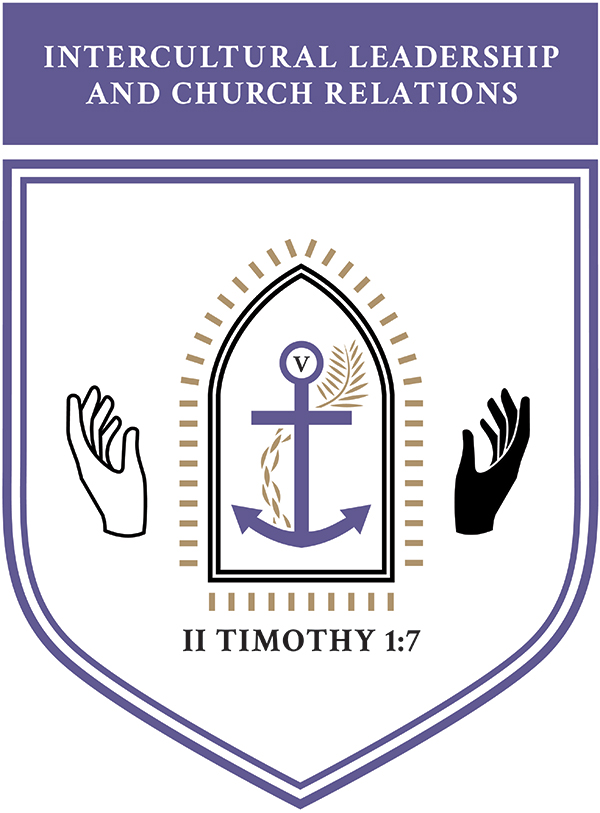Ministry Items
Policy Against Racial Harassment
Sexual Misconduct & Racial Harassment Response
Taylor University seeks to provide a safe environment free of sexual misconduct and racial harassment. When incidents of sexual misconduct (Title IX) or racial harassment occur, Taylor University takes these allegations seriously.
Reports or question regarding sexual misconduct including harassment, stalking, dating violence, domestic violence or sexual assault can be directed to Skip Trudeau. Reports or questions regarding racial harassment including discrimination or bias due to race, color, religion, nationality, or citizenship status can be directed to Nate Chu.
Skip Trudeau
- 765-998-5368
- LaRita Boren Campus Center
- titleix@taylor.edu
Nate Chu
- 765.998.4393
- Office of Intercultural Programs (OIP)
- nathan_chu@taylor.edu
Confidential Resources
You may contact a confidential resource (not required to report incidents of misconduct) for support or questions:
Counseling Center
- 765.998.5222
- Boren #250
- counselingcenter@taylor.edu
Greg Dyson
- 765.998.5284
- Boren #263
- greg_dyson@taylor.edu
Multicultural
Philosophy Statement
Taylor University is a community of Christians intentionally joined together for academic progress, personal development, and spiritual growth. From Genesis through Revelation, the Scriptures testify to God’s reconciling and redemptive work to restore broken relationships. Accordingly, the University is committed to fostering healthy relationships in our community regardless of differences in race, ethnicity, or national heritage. We affirm that every person is made in the image of God and has immeasurable worth (Gen. 1 :27).
We proclaim our commitment to act justly, love mercy, and walk humbly with our God (Micah 6:8). We acknowledge that the Gospel calls us to live and love as citizens of Christ’s kingdom. We embrace diversity as we live out the Good News of Jesus Christ in the world and pursue the University’s mission. Indeed, our Life Together Covenant calls us to be an intentional community based on the Gospel, which transcends ethnic, cultural, socio-economic, and national divisions. Jesus’ love compels us to practice true friendship by loving our neighbors as ourselves, extending hospitality, forgiving one another, defending the persecuted, and living in peace with everyone.
This is a high calling that is often difficult to achieve. In this spirit, we acknowledge that our individual and community actions do not always demonstrate our commitment to treat one another as equal image bearers of Jesus Christ. When any of us falls short of obedience, God calls us to come before him in repentance and to be reconciled with one another. When we harm one another, we are expected to forgive one another, restore relationships and make restitution (Matthew 5:23-24; 18:15-17). We pledge to live out this commitment in repentance, forgiveness, and grace.
We aspire to be a welcoming place where we show respect and love for all people. We want to honor one another and celebrate our diverse ethnic, racial, cultural, socio-economic, and national backgrounds in all dimensions of our life together. Through our relationships and programs, we actively strive to increase multicultural diversity in our community. We commit that Taylor University will emulate the beautiful, diverse multitude from every language, ethnicity, and nation who will gather in eternal praise to Christ in the Kingdom of Heaven (Rev. 7:9).


